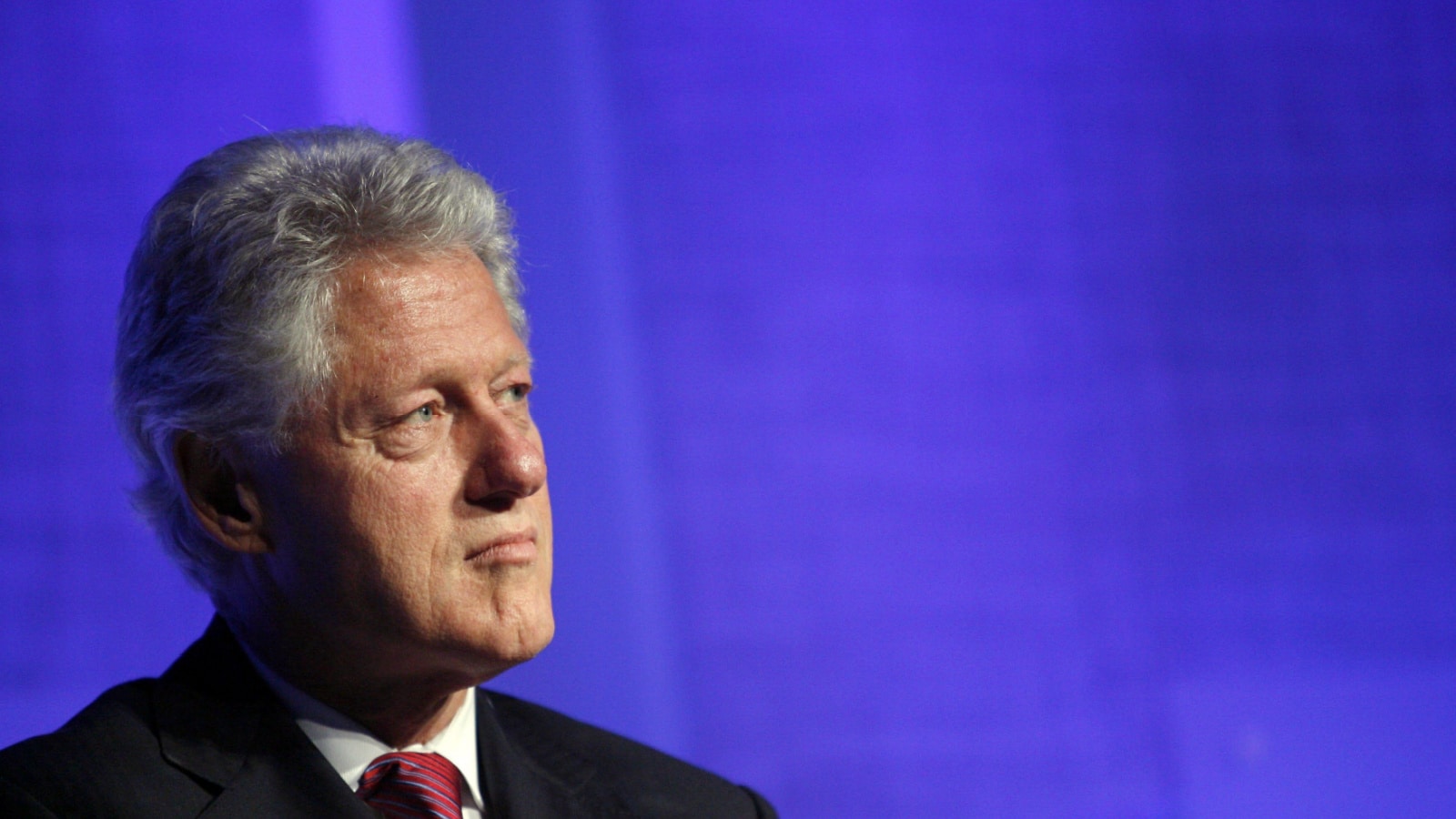Presidential history is a tapestry woven with moments of honesty, integrity, and leadership, but it’s also marked by instances of deception and misinformation. From the legendary George Washington to modern-day leaders, U.S. presidents have encountered scrutiny over their statements and actions. In this exploration, we delve into 18 notable occasions where truths were told and deceptions were uncovered, shedding light on the multifaceted nature of presidential legacies.
George Washington on the Cherry Tree

While not a president, George Washington’s story about chopping down a cherry tree and admitting “I cannot tell a lie” is a well-known myth, with no historical evidence to support its authenticity.
Thomas Jefferson and the Sally Hemings Affair
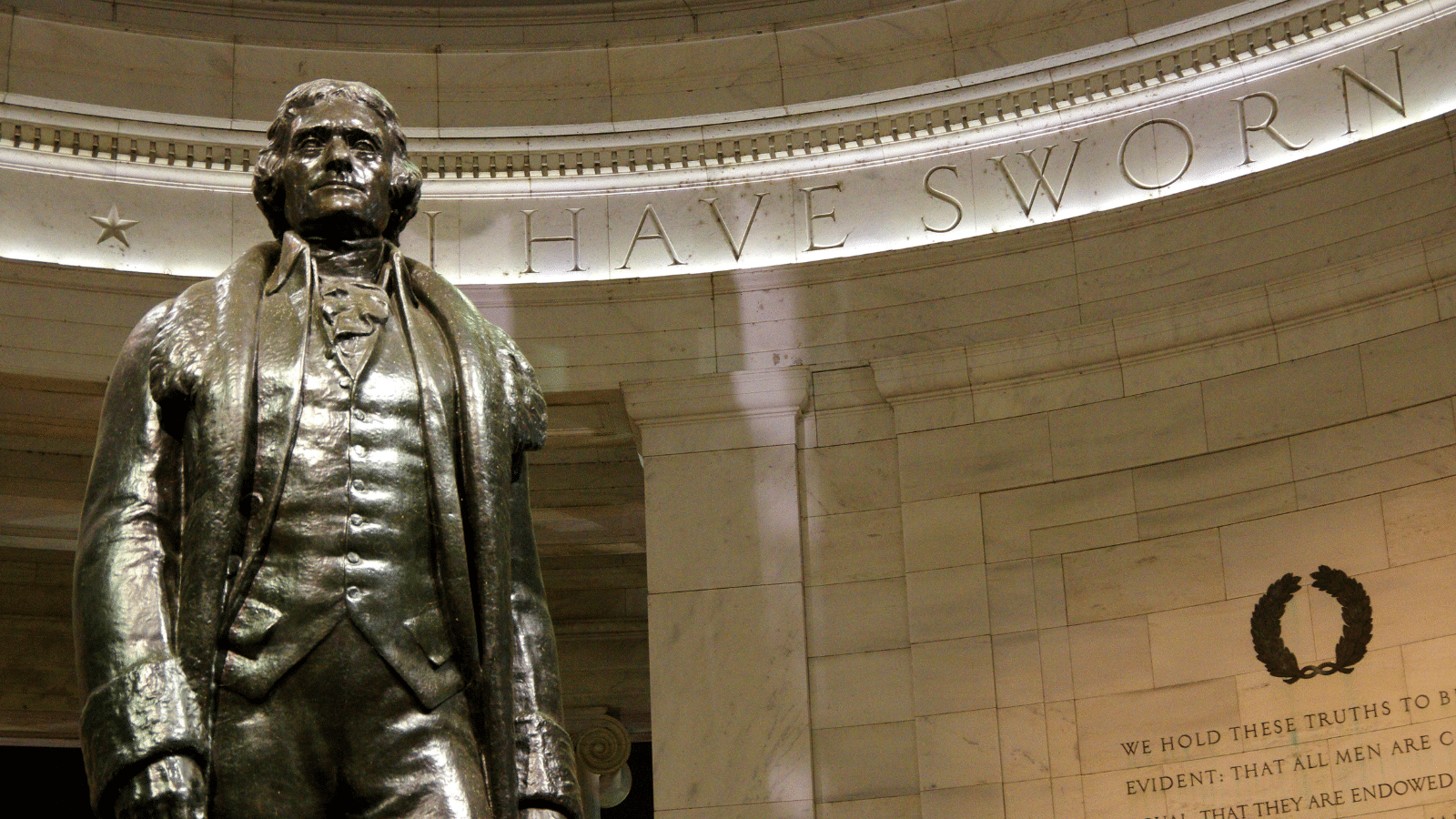
Thomas Jefferson denied any involvement with his enslaved woman, Sally Hemings, despite DNA and historical evidence suggesting that he fathered children with her.
John Tyler on Annexing Texas

President John Tyler claimed that the annexation of Texas was not his administration’s priority, but his secret negotiations and actions contradicted this statement, revealing his role in its annexation.
James K. Polk on the Mexican-American War

Polk’s administration’s provocation of the Mexican-American War and his assertion that Mexico had “shed American blood on American soil” are seen by many historians as a pretext for territorial expansion, rather than a justified response to Mexican aggression.
Abraham Lincoln’s Personal Views on Slavery
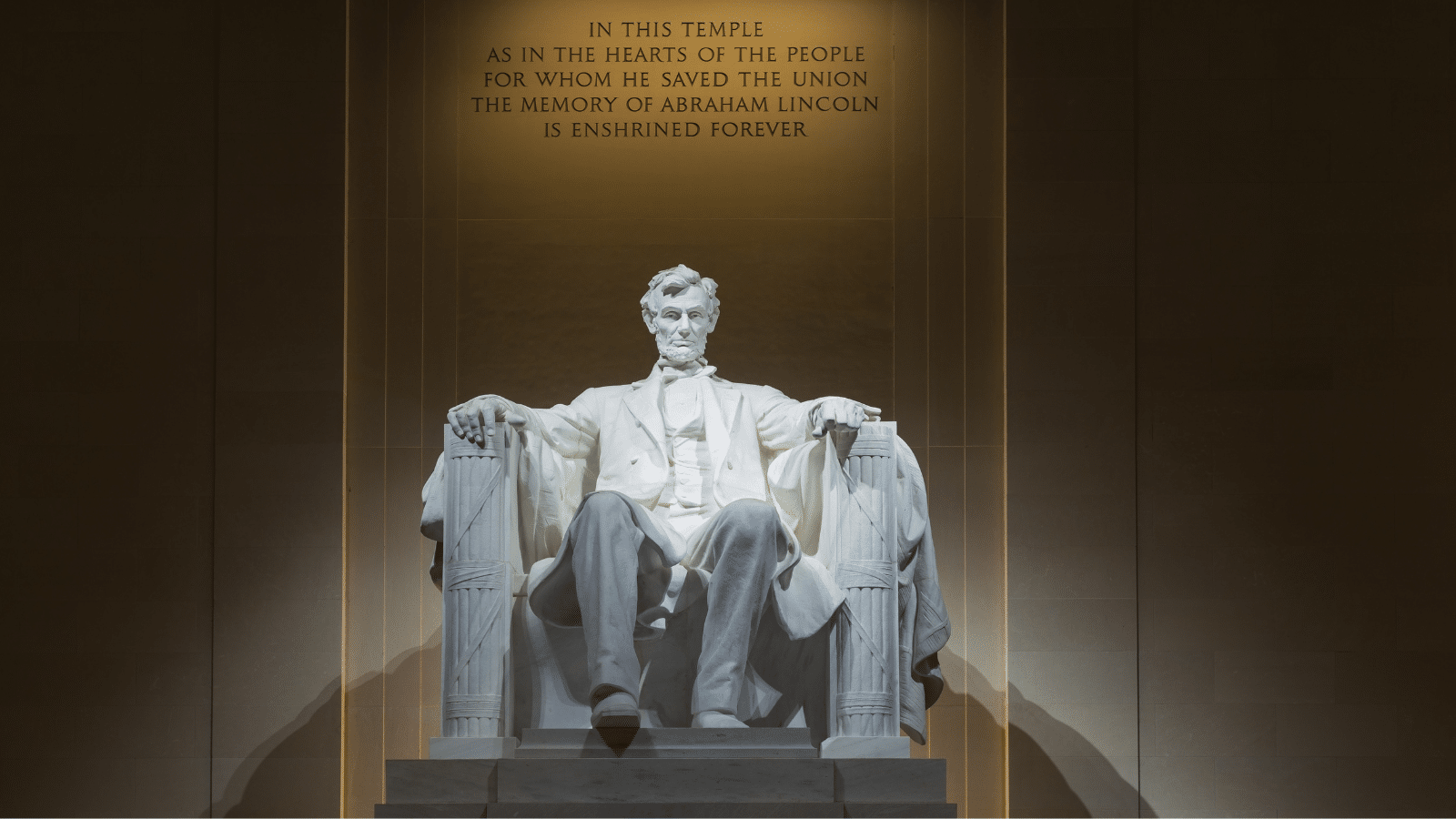
Lincoln’s public opposition to the spread of slavery, while privately recognizing the complexities of his time, reflected his careful political strategy during a tumultuous era.
Andrew Johnson and the Purchase of Alaska

President Johnson’s criticism of the purchase of Alaska was primarily political posturing, as he later ratified the deal.
Ulysses S. Grant and the Whiskey Ring Scandal
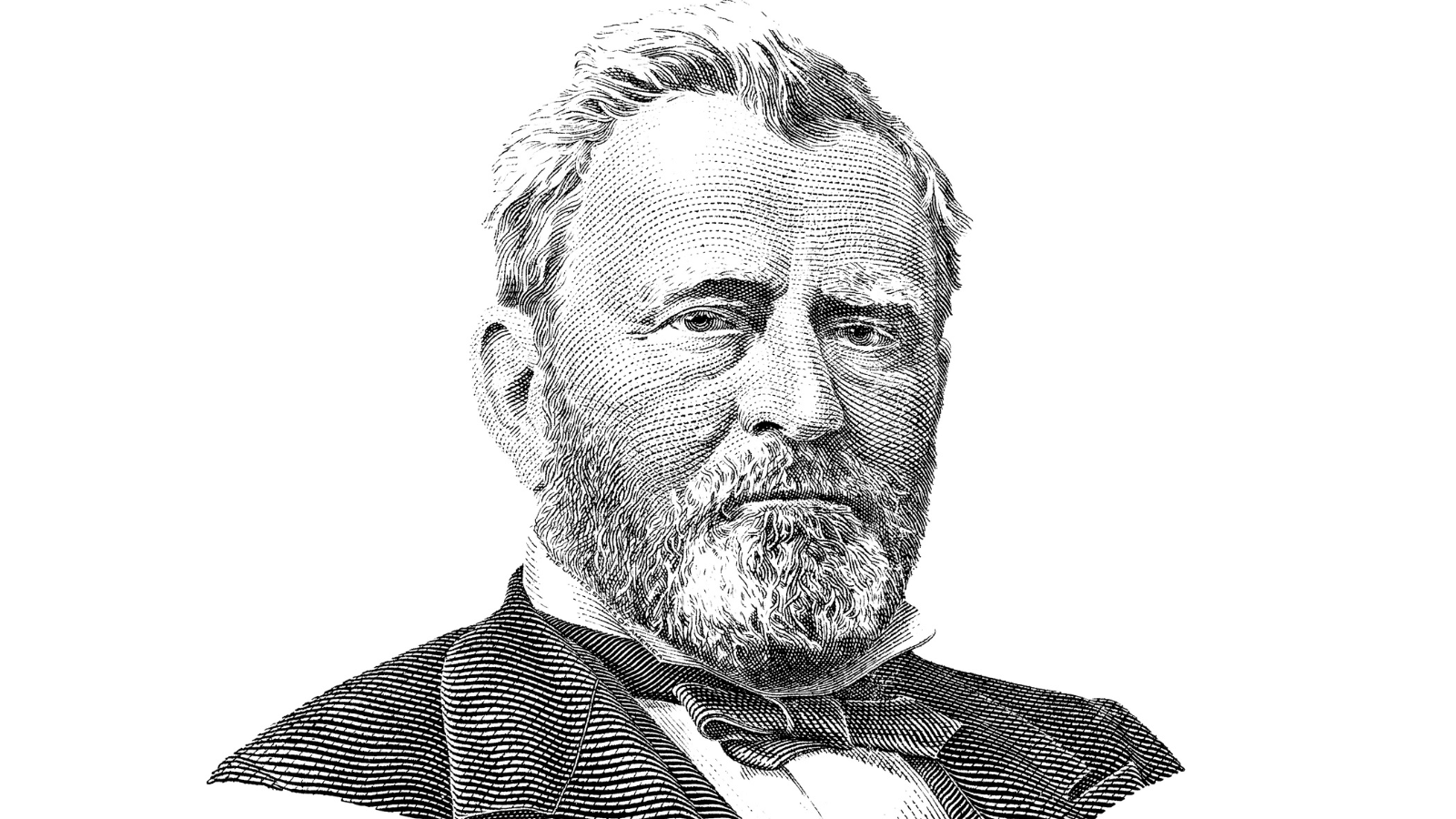
Grant initially downplayed the significance of the Whiskey Ring scandal, even though members of his own administration were involved, undermining his credibility.
Rutherford B. Hayes on Troop Withdrawals
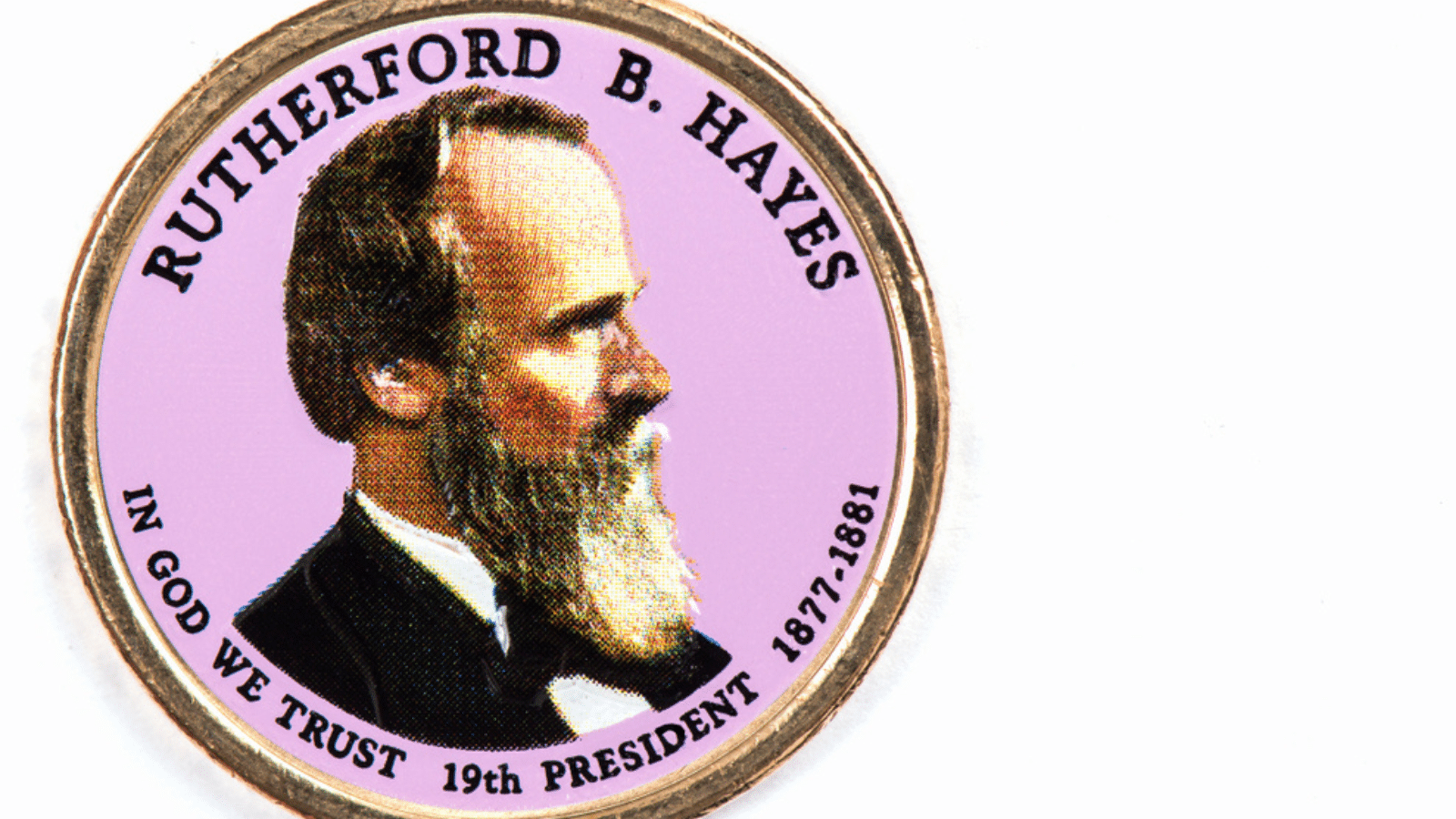
Hayes’s claim to have withdrawn federal troops from the South as a “return to normalcy” was, in fact, part of a political deal to secure the presidency.
Grover Cleveland on His Illegitimate Child
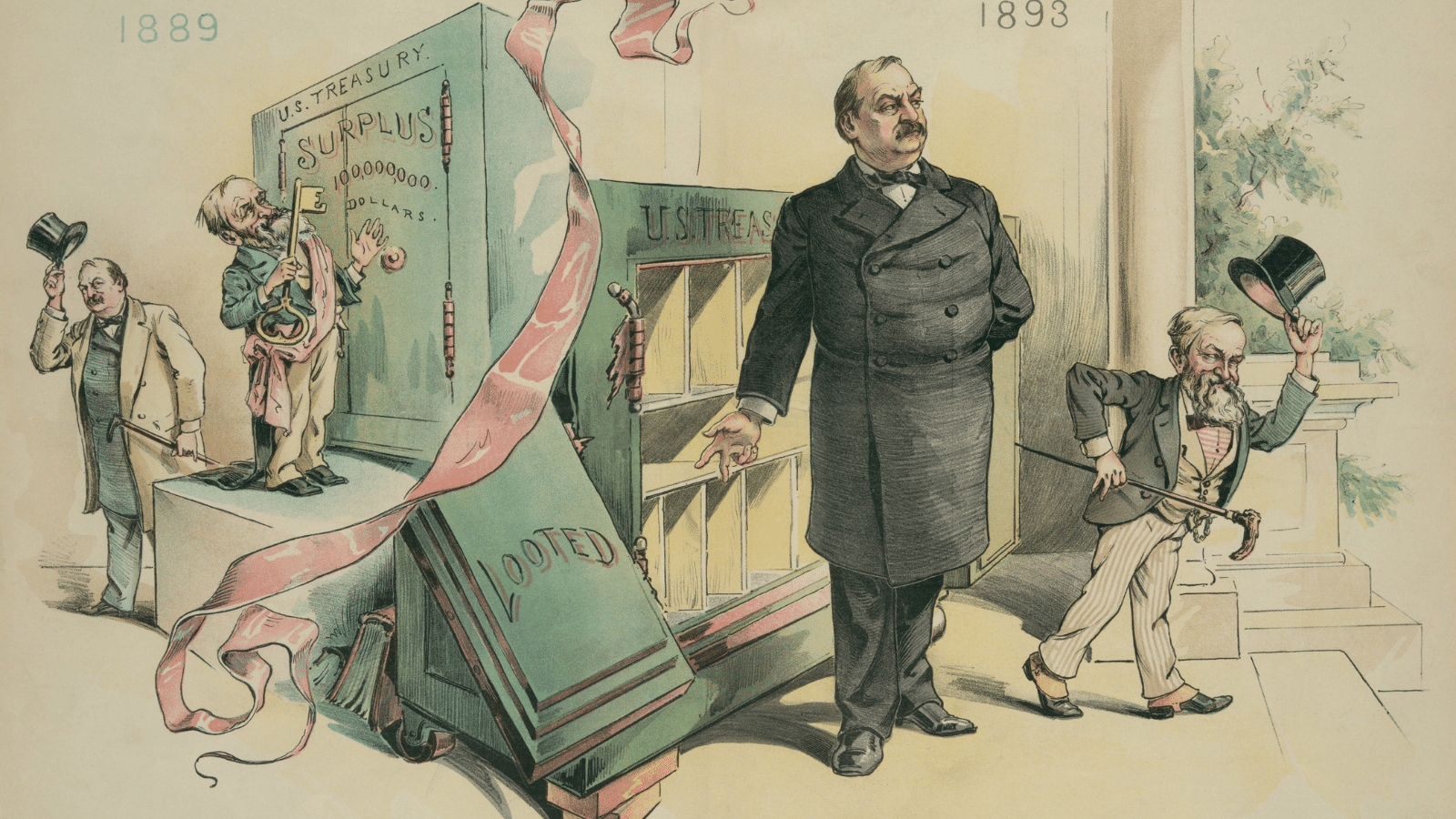
Cleveland initially denied fathering an illegitimate child but later acknowledged the truth, underlining the dishonesty of his initial statements.
William McKinley and the USS Maine
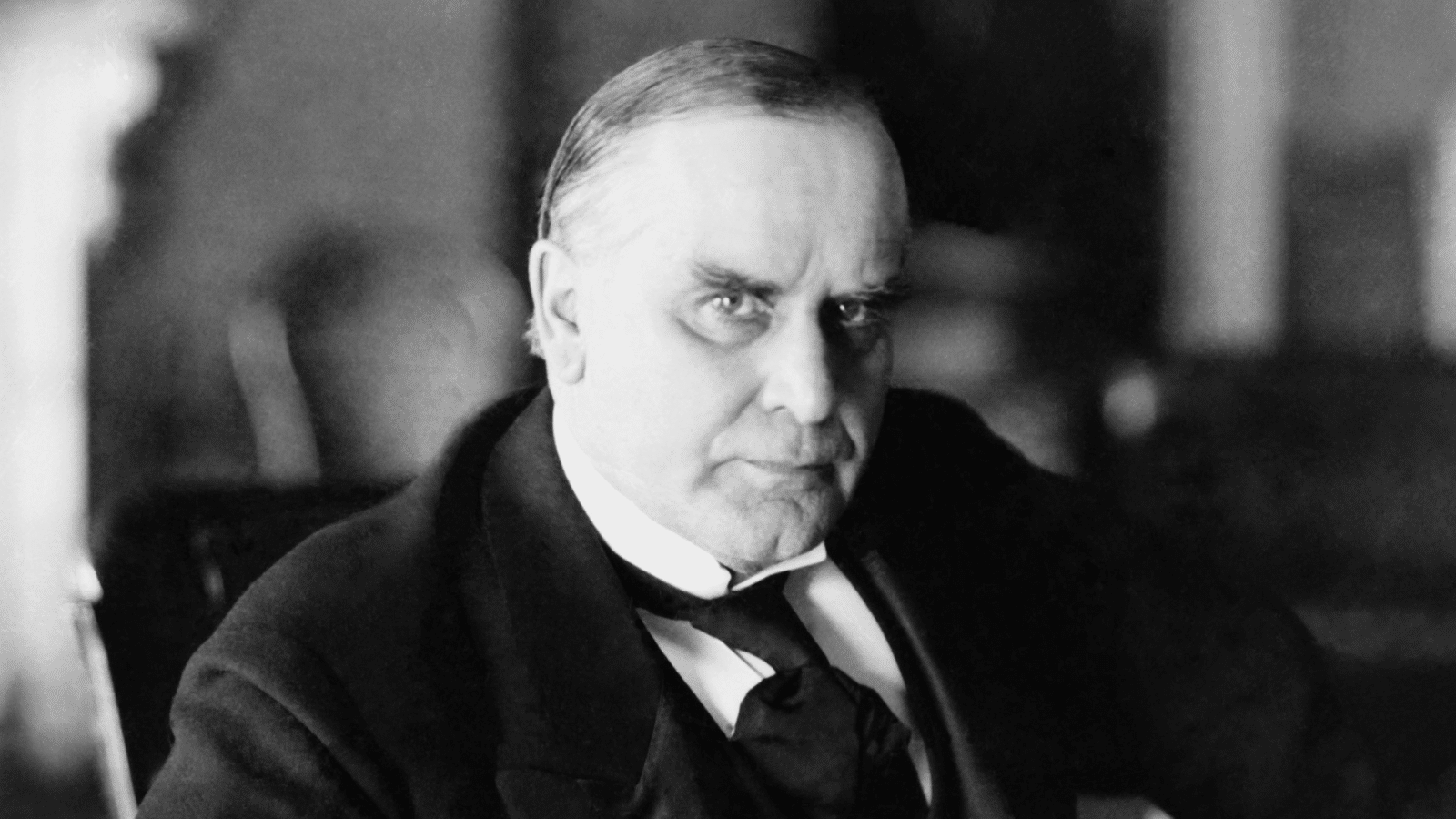
McKinley’s use of the USS Maine explosion as a pretext for the Spanish-American War is seen as an exaggeration of the event’s importance, as subsequent investigations found no clear evidence of Spanish involvement.
Theodore Roosevelt’s Support for Taft
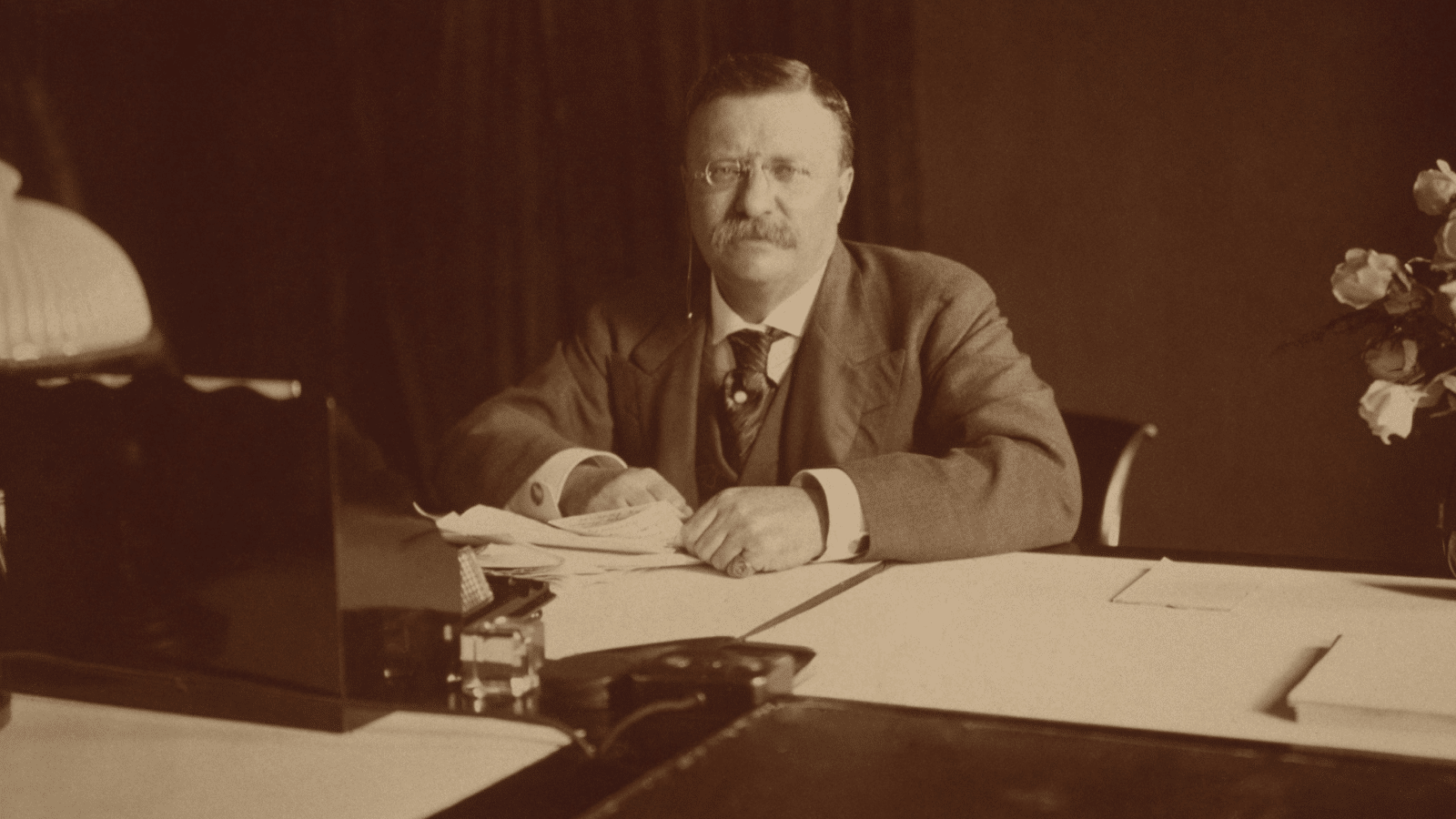
Roosevelt’s public support for Taft’s 1908 election campaign was genuine, but his later decision to run against Taft in 1912 as a third-party candidate contradicted his initial allegiance.
Woodrow Wilson on Keeping America Out of WWI

Wilson’s promise to keep the U.S. out of World War I was compromised when he pushed for American involvement after multiple provocations and considerations.
Warren G. Harding’s Teapot Dome Scandal
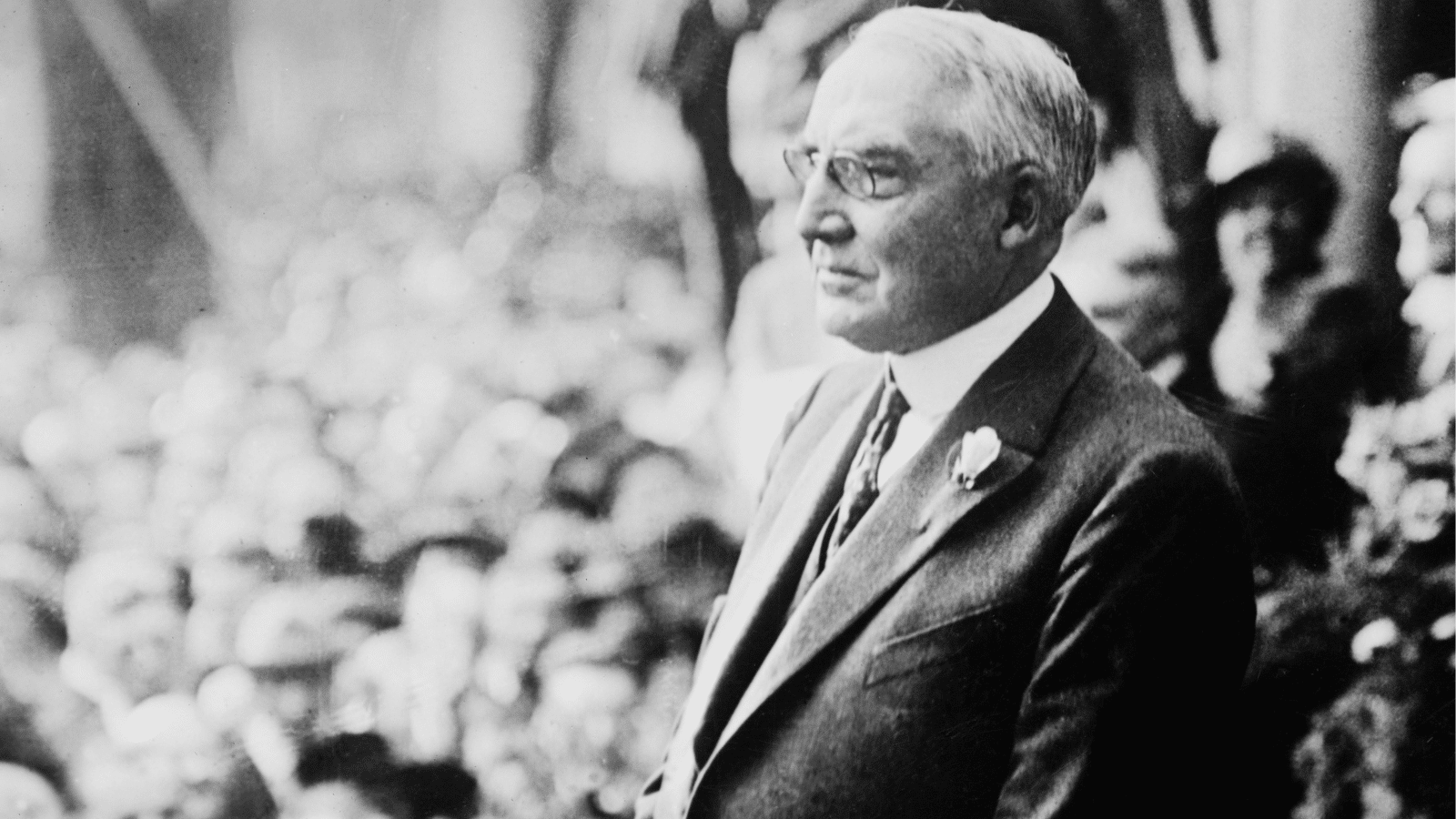
Harding’s denial of involvement in the Teapot Dome Scandal, where public lands were leased to private interests, was later exposed as false, contributing to the tarnishing of his presidency.
Franklin D. Roosevelt and the Destroyers-for-Bases Deal

FDR justified the Destroyers-for-Bases Deal as mutual defense, but it primarily served to support the UK and maintain a favorable relationship with America’s ally.
Harry S. Truman on Hiroshima
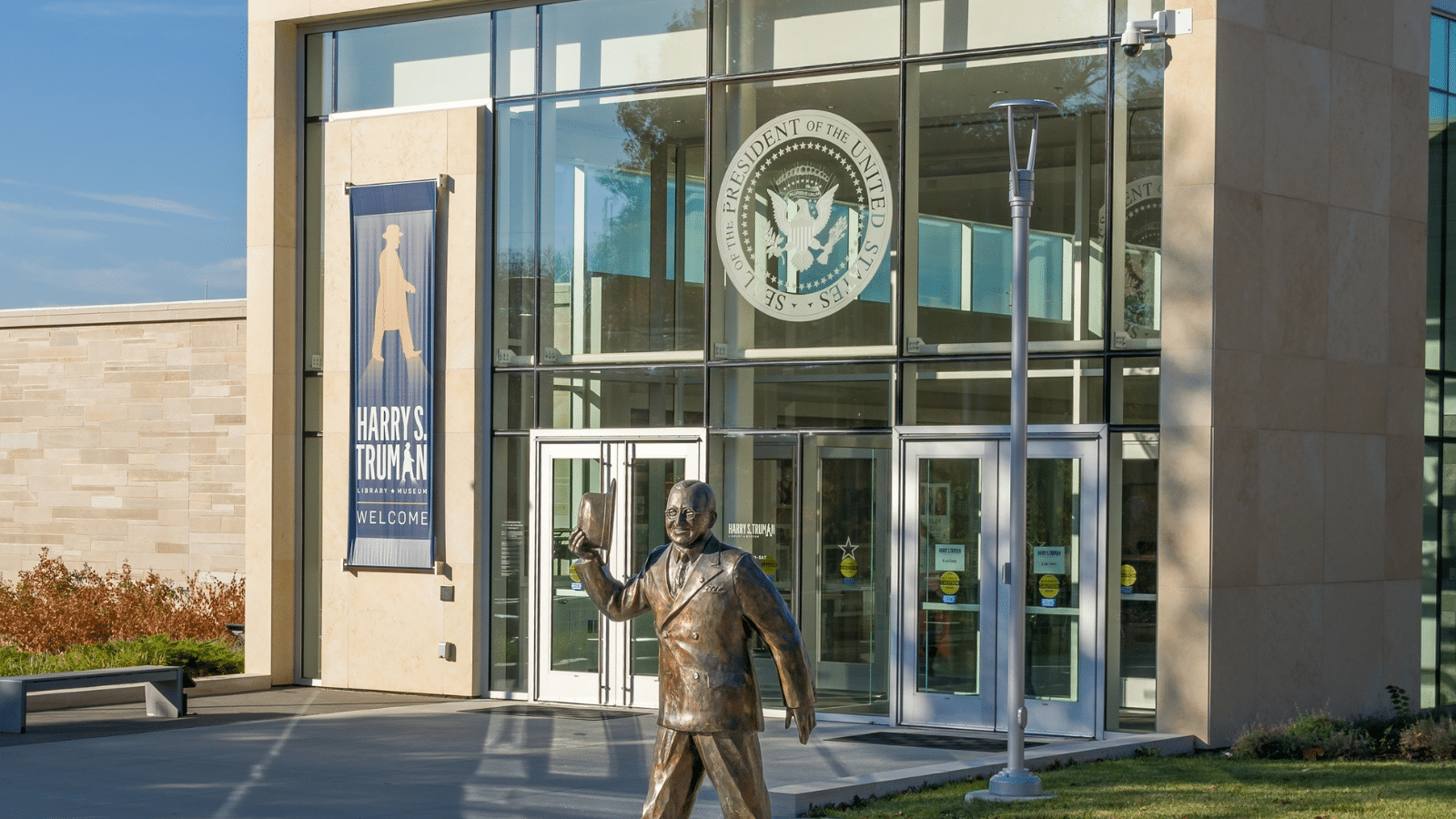
Truman’s justifications for dropping the atomic bomb on Hiroshima, initially framed as a military necessity, have faced historical scrutiny, with evidence suggesting that Japan was already near surrender.
Lyndon B. Johnson on the Gulf of Tonkin Incident

Johnson cited the Gulf of Tonkin Incident to escalate U.S. involvement in the Vietnam War, but later revelations exposed discrepancies in the reported events and intelligence.
Richard Nixon’s Watergate Cover-Up

Nixon’s repeated lies and denial of involvement in the Watergate scandal were eventually exposed through the Watergate investigations, audio recordings, and testimony from insiders.
Bill Clinton and the Monica Lewinsky Affair

Clinton’s infamous denial of sexual relations with Monica Lewinsky was contradicted by DNA evidence and his later admission to the affair, leading to impeachment proceedings.
21 Things That Shout You’re “Lower Class” According To Men

Class wars creep up in all aspects of life, including dating. We take a look at the things that men believe are telltale signs that you are lower class.
21 Things That Shout You’re “Lower Class” According To Men
Boomer Zoomers vs. Millennial Meh: 10 Cars the Older Gen Loves but Millennials Just Can’t Stand

The change in the automotive industry has been incredible over the year. Baby boomers born between 1946 and 1964 can’t get enough of the cars listed below, as muscle cars emerged in the 1960s, and new technologies appeared in the 1970s and 1980s. You can imagine why boomers genuinely appreciate these vehicles.
Boomer Zoomers vs. Millennial Meh: 10 Cars the Older Gen Loves but Millennials Just Can’t Stand
Across the Pond Disdain: 18 Horrendous American Habits Foreigners Just Can’t Stomach

There is a lot to love about America, from the bright lights of New York to the incredible breakfasts, but foreigners also dislike many things. We look at everything from poor public transport to an intimidating tip culture, sharing 18 things that America could be better at.
Across the Pond Disdain: 18 Horrendous American Habits Foreigners Just Can’t Stomach
Out with the Old: 18 Gen X Fads That Millennials and Gen Z Just Can’t Vibe With

While some old habits die hard, there are some things that Gen X need to eliminate as they are no longer relevant.
Out with the Old: 18 Gen X Fads That Millennials and Gen Z Just Can’t Vibe With
18 Unpleasant States You Might Want to Skip on Your Next Trip

When thinking of America, we don’t expect there to be boring or unpleasant places to visit. We see all the different states on the TV, and they show the best parts. However, there are some states you won’t want to visit, and you should brace yourselves if you ever happen to stumble into them.
18 Unpleasant States You Might Want to Skip on Your Next Trip
